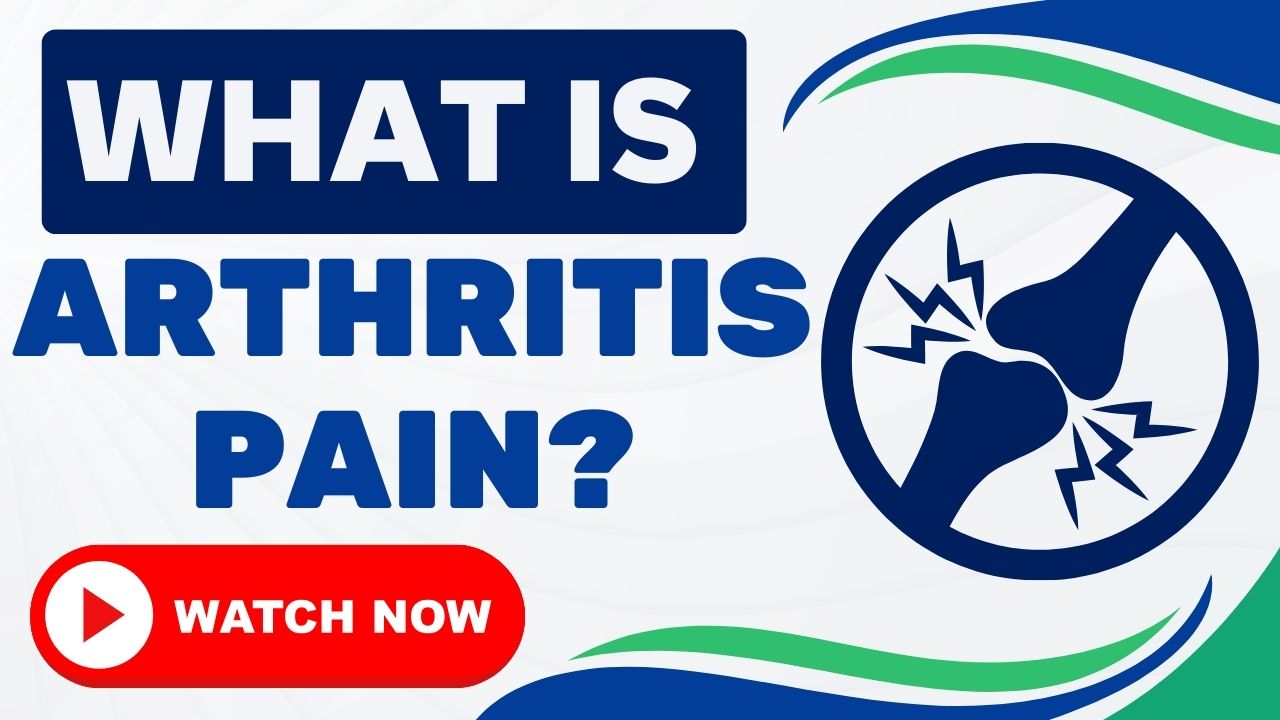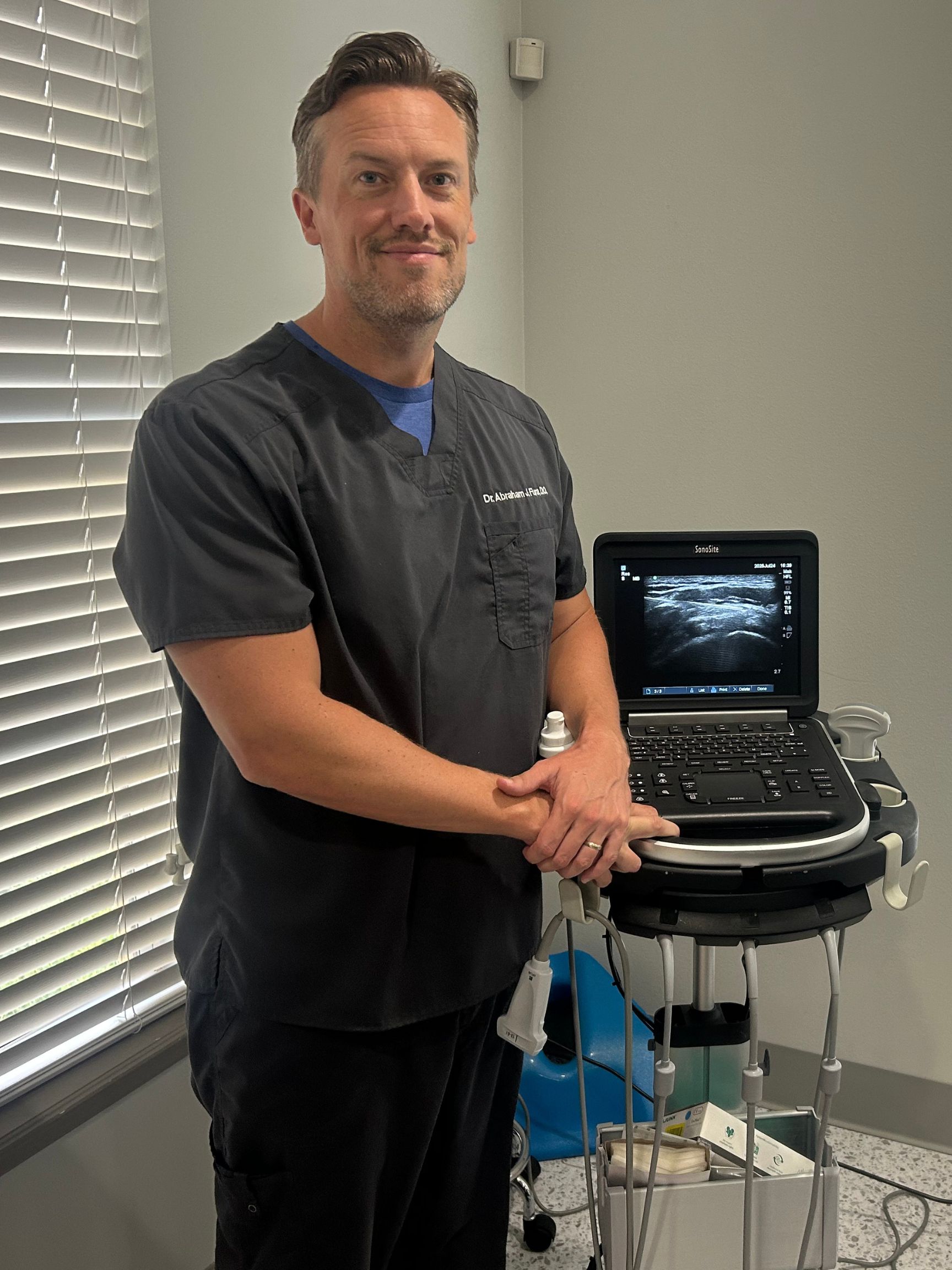
A COMMON SOURCE OF HIP PAIN
Hip arthritis, most commonly osteoarthritis, is a "wear-and-tear" condition where the smooth cartilage of the hip's ball-and-socket joint gradually wears away. As the protective cartilage degenerates, the bones begin to rub together, leading to pain, inflammation, and significant stiffness. This can make simple activities like walking, getting out of a chair, or putting on shoes incredibly difficult. Our goal is to provide advanced, non-surgical treatments that can effectively manage your pain, improve your mobility, and help you delay or avoid the need for hip replacement surgery.

RISK FACTORS
Hip arthritis is a degenerative condition, but several specific factors can accelerate the wear and tear on this crucial weight-bearing joint.
The most significant risk factor. Decades of supporting the body's weight during daily activities naturally lead to the gradual breakdown of the hip's cartilage.
A history of a hip fracture, dislocation, or other significant trauma can damage the joint surface, leading to post-traumatic arthritis years later.
Conditions from birth or childhood, such as hip dysplasia, can cause abnormal mechanics and friction in the joint, leading to early-onset arthritis.
Excess body weight multiplies the forces across the hip joint with every step, dramatically accelerating the rate of cartilage breakdown.

RECOGNIZING THE SIGNS
The symptoms of hip arthritis often develop slowly and can be mistaken for other issues. The pain is typically centered in the groin or thigh, not the side of the hip.
The hallmark symptom. Pain from the hip joint is most often felt deep in the groin or the front of the thigh, and can also refer to the buttock or knee.
Difficulty with movements that require hip rotation, such as putting on socks and shoes or getting in and out of a car.
Pain that flares up after walking a distance, standing for a long time, or with pivoting movements, and often feels better with rest.
The hip joint feels stiff and sore when you first get out of bed, with the stiffness usually improving after you start moving around.
As the condition progresses, the pain may cause you to develop a limp to avoid putting your full weight on the affected hip.
A grinding, clicking, or catching sensation (crepitus) deep within the hip during movement as the arthritic surfaces rub together.
Pain in your groin or thigh that limits your ability to walk and enjoy life could be a sign of hip arthritis. You don't have to wait until your only option is a hip replacement. We specialize in advanced, non-surgical treatments that can reduce your pain and improve your function, helping you stay active longer. Contact us to explore your options.